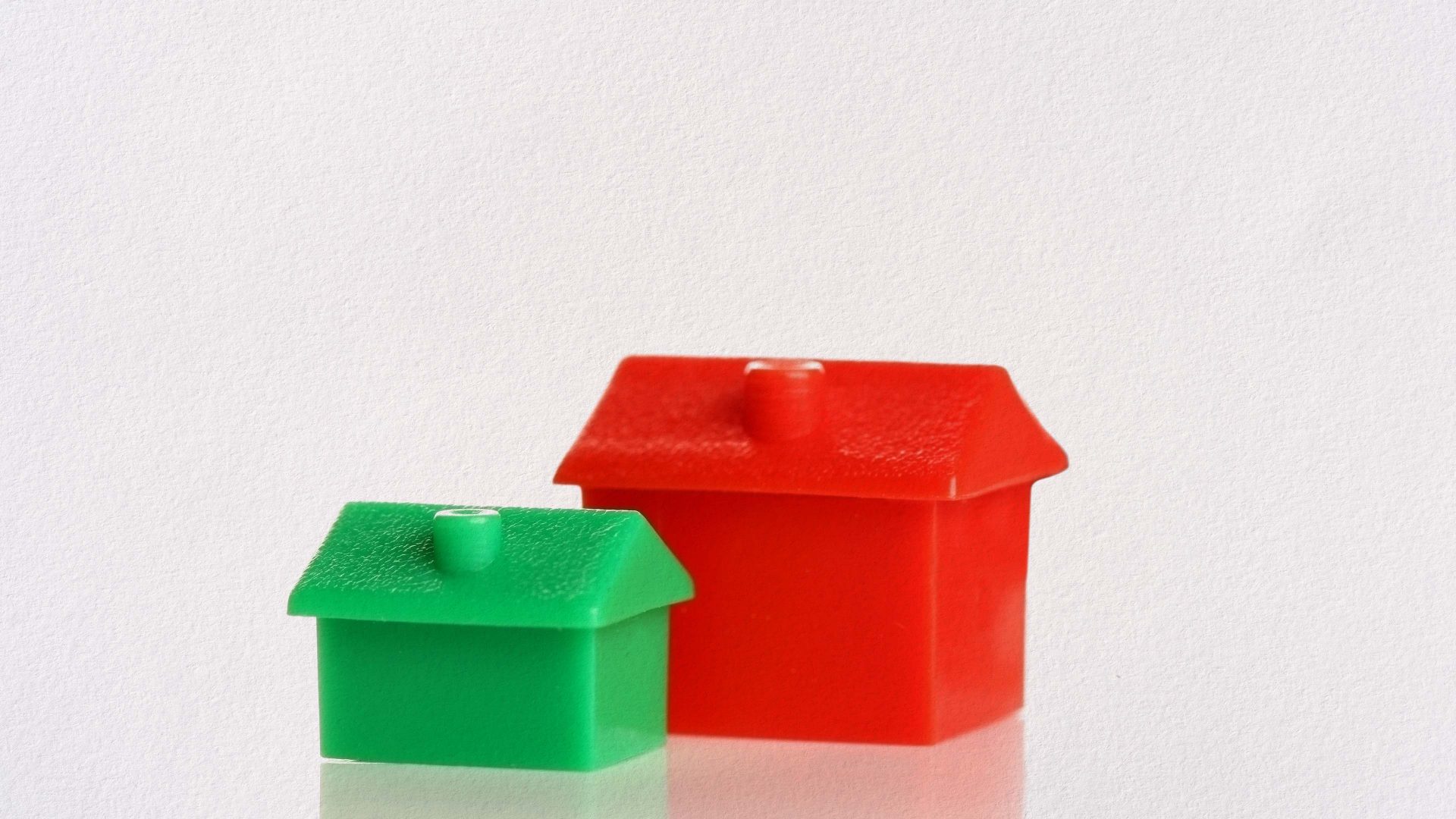UK house prices fell by 5.3% in the year to August, according to Nationwide. That is more than expected and the rate of decline is accelerating.
Doubtless, most newspapers will be covering this “crisis” as a threat to the well-being of middle-class homeowners. But in many senses it is good news; house prices are far too high and have been for years. The situation is so bad that inflation has now entered the rental market in a major way, eating up huge amounts of renters’ wages.
To be frank, a well-functioning housing market, with affordable property in the right places would boost growth and productivity and free up money to spend in other more important areas than bricks and mortar.
But the fact is there are just not enough homes being built and supply and demand means that only the very well-paid or those with wealthy parents can afford to get on the housing ladder.
This is why the latest news from Construction Enquirer (not my usual reading I must admit) is so worrying. It has found that “A perfect storm of construction inflation, higher interest rates, fresh regulatory pressures, and the soaring cost of debt is causing housing associations to slash building programmes.”
In short, Housing Associations across the country are going to have to cut their building programmes by 22%. This is especially worrying for several reasons.
For a start, the whole dog’s dinner that is the UK property market can trace its problems back to the right-to-buy legislation of the 1980s. At which point councils, then one of the biggest home builders, stopped building. After all, why build something when you are going to be made to sell it at a loss?
The private sector has failed to pick up the slack and build more, in fact it builds about the same as it ever has. Only the housing associations have picked up their construction programme in the last decades, now that too is being hammered.
Secondly, housing associations supply homes to those who cannot afford them, to people in essential services, and to those desperate to get a foot on the housing ladder. The very people that recent soaring house prices have hit the hardest.
That all means the fall in house prices is very likely to be a short-lived phenomenon. If you do not reform the housing market, build many more homes, and provide adequate social housing you will always end up with higher property prices, higher mortgage costs and higher rents too.
You also create a completely unbalanced economy, where huge untaxed wealth goes to those with a home, where people cannot or will not move for a better job, where productivity suffers, where homelessness soars, and where Rachmanism allows renters to dump those with no choice in dirty, unsafe slums.
That is what we should be worrying about, not falling property prices.











